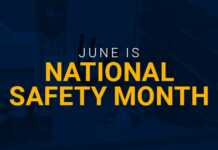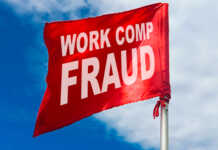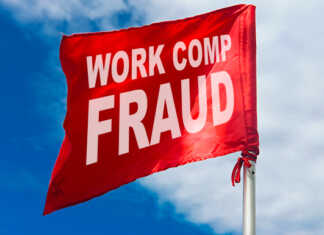It’s well-documented that buyers are having difficulty finding their newest set of wheels. New and used car inventories are down, and demand has driven prices well up. Simultaneously, how we shop for vehicles is fundamentally shifting to an online-centric model. As is the unfortunate case, schemers and cheats are always ready to take advantage of unknowing consumers. Add in a level of buyer desperation and you have an area ripe for fraud.
The Federal Bureau of Investigation warns consumers to be on the watch for online vehicle sale fraud. In its simplest form, scammers will post an advertisement online for a vehicle they do not own. To expedite the “deal,” sellers will explain why life circumstances (recent divorce, death in family, upcoming military deployment) have necessitated a quick sell along with their willingness to offer the vehicle at a discount. Amidst a vehicle shortage, this may sound like the buyer’s lucky day when it is in fact the bait. Often, the seller will falsely claim to be part of a legitimate online retailer. The seller ultimately instructs the buyer to pay for the vehicle in pre-paid gift cards, to which the card codes will be provided to the seller in exchange for the vehicle being shipped to the buyer’s destination. As you can imagine, the vehicle never shows up and the buyer loses their hard-earned money.
Follow these tips
The FBI provides the following tips to help to navigate the growing online vehicle sales market.
- If it appears too good to be true, it probably is.
- Use the Internet to research the advertised item and the seller’s name, e-mail addresses, telephone numbers, and other unique identifiers.
- Before completing a transaction, use the Internet to research the company’s contact information and its shipping and payment policies. Ensure the legitimacy of the contact information and that the company accepts the requested payment option.
- Avoid sellers who refuse to meet in person or allow the buyer to physically inspect the vehicle before the purchase.
- Ask for the vehicle’s VIN, license plate (if possible), and the individual’s name to whom the car is currently registered.
- Criminals take extra effort to disguise themselves and may have recognizable words in their e-mail names or domain. If you are suspicious or unsure about an e-mail that claims to be from a legitimate business, locate the business online and contact them directly.
If you believe you’ve been a victim of this scam, the FBI encourages consumers to file a complaint with the FBI’s Internet Crime Complaint Center.

















